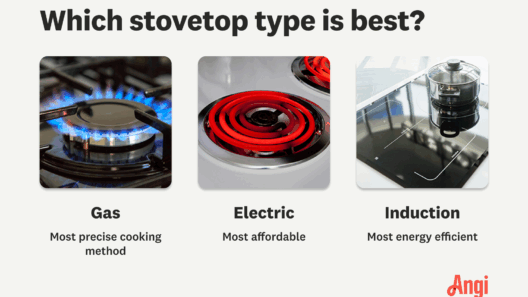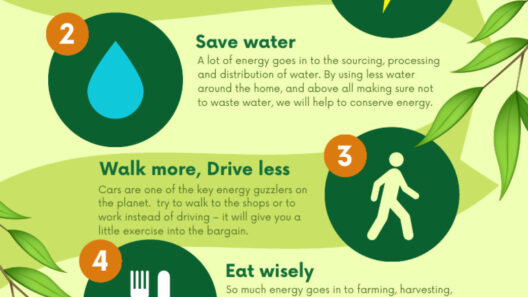Understanding the concept of mechanical energy conservation is vital, particularly in the context of driving trucks. This examination delves into the nuances of mechanical energy, its forms, and the real-world applications and implications of energy conservation during truck operation.
Mechanical energy can be defined as the sum of potential energy and kinetic energy in a system. In trucks, this energy manifests in several forms: the stored energy when the truck is parked at a height (potential energy) and the energy it possesses as it moves along a road (kinetic energy). A fundamental principle of physics, the conservation of mechanical energy, posits that in an ideal system, the total mechanical energy remains constant over time provided that no non-conservative forces (like friction or air resistance) are acting on the system.
However, reality often deviates from ideal physics scenarios. Consider a truck driving over various terrains—hills, valleys, rough roads. As the truck ascends, it gains potential energy at the expense of its kinetic energy. When descending, the truck’s potential energy transforms back into kinetic energy. At first glance, this seems to illustrate the conservation of mechanical energy. Yet, introducing real-world factors complicates this simple application.
One of the most significant non-conservative forces affecting trucks is friction. The tires of a truck encounter friction with the road surface, resulting in energy loss through heat. This frictional heat dissipates energy and diminishes the total mechanical energy available for motion. The effect is particularly pronounced during acceleration and deceleration phases, where energy is wasted instead of conserved.
Moreover, air resistance plays a pivotal role in how mechanical energy behaves in reality. As trucks travel at high speeds, the drag force due to air resistance increases significantly. This drag force consumes a considerable amount of energy from the truck’s engine, which could otherwise contribute to maintaining or increasing kinetic energy. Consequently, even though mechanical energy may not be completely lost, it is altered and utilized in ways that prevent conservation as defined by physics.
Another consideration is the mechanical design and operational strategy of the truck. Engine efficiency has a substantial impact on the mechanical energy conservation ability of a truck. Diesel engines, common in trucks, typically have energy conversion efficiencies ranging from 30% to 40%. This inefficiency means that a significant portion of the fuel’s energy is not converted into mechanical energy, leading to additional losses in the overall energy cycle of the vehicle.
Brake systems present further complexities regarding energy conservation. When trucks brake, kinetic energy is transformed into thermal energy through friction in the brake pads. This process effectively removes kinetic energy from the system, thereby challenging the conservation principle. Innovations in regenerative braking systems are being implemented to capture some of this lost energy and use it to recharge batteries or assist during acceleration, contributing to a more sustainable approach to energy conservation.
From an environmental advocate’s perspective, the inefficiencies in mechanical energy conservation during truck operation raise critical concerns. The fossil fuels that trucks consume contribute significantly to greenhouse gas emissions. Enhancing the mechanical efficiency of trucks through improved aerodynamics, better tire designs, and lighter materials can reduce fuel consumption and emissions, directly impacting energy conservation in real-world applications.
Furthermore, the incorporation of alternative energy sources, such as electric and hybrid engines, presents an opportunity to rethink mechanical energy in trucks. Electric trucks, which rely on rechargeable batteries, can utilize regenerative braking to optimize energy usage. This technology captures energy that would otherwise be lost during braking and returns it to the battery, creating a more efficient cycle of energy use.
In analyzing the conservation of mechanical energy in trucks, it becomes evident that while theoretical principles lay the groundwork, practical realities highlight the challenges inherent in these systems. Mechanical energy is subject to losses from various forces acting on the truck, and understanding these factors is essential for developing solutions aimed at improving overall energy efficiency.
Moreover, the movement towards sustainable practices in trucking is crucial for minimizing environmental impact. The industry is gradually shifting towards integrating smart technologies and alternative fuels to address the mechanical energy conservation challenges. This includes innovations such as smart navigation systems that optimize routes and minimize energy expenditures based on real-time data.
The educational aspects of understanding mechanical energy in trucks also play an indispensable role. By increasing awareness among manufacturers, drivers, and consumers about the importance of energy conservation, a cultural shift towards sustainable practices can be fostered. Workshops, educational campaigns, and regulatory incentives can promote technological advancements that bolster mechanical energy conservation.
As the transportation sector evolves, grappling with the complexities of mechanical energy conservation will continue to be paramount. While isolated systems may adhere to conservation laws, the integration of numerous real-world factors underscores the importance of continuous innovation and adaptation in practices to ensure sustainability and efficiency in truck operations.
In conclusion, mechanical energy conservation in truck driving is a multifaceted topic that encompasses theoretical physics, engineering design, and environmental stewardship. Emphasizing energy efficiency through smart technology, better design, and informed practices can lead to significant advancements in the quest for sustainable transportation solutions.








